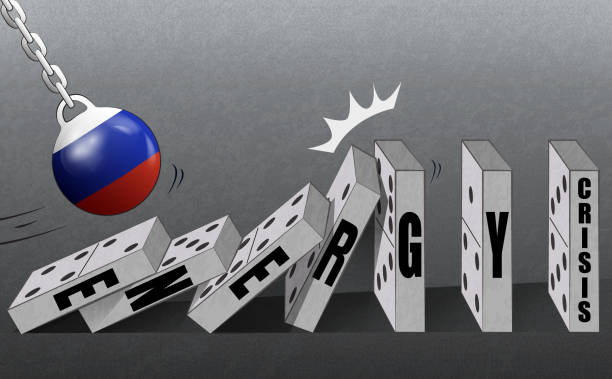Renewable energy initiatives have become vital in global efforts to foster peace and stability. This shift toward sustainable power sources offers not only environmental benefits but also significant social and geopolitical advantages. Countries investing in clean energy tend to reduce their dependency on fossil fuels, which are often linked to conflict and resource disputes. Furthermore, the adoption of renewable technologies fosters cooperation among neighboring nations, as shared projects encourage dialogue and mutual benefit. By promoting energy independence and economic development, renewable power can help alleviate tensions, thus playing a critical role in conflict reduction worldwide.
Renewable Energy’s Role in Global Stability
The transition toward sustainable power sources has profound implications for international peace. Regions historically affected by conflicts tied to fossil fuel extraction and trade witness reduced tensions as alternative energy infrastructures grow. For instance, solar and wind farms create jobs and stimulate economic activity, lessening the likelihood of unrest caused by poverty or inequality. Additionally, investments in renewables encourage regional collaboration on grid connectivity and resource sharing, building diplomatic ties. This cooperation can transform contested areas into zones of partnership, thereby diminishing the risk of armed conflict and fostering stability.
Advancing Peace Through Renewable Energy Cooperation
Increasingly, countries recognize renewable energy as a tool for diplomacy and conflict prevention. Joint ventures in clean power projects strengthen economic ties and build trust among stakeholders. For example, cross-border hydropower projects require transparent governance, shared benefits, and conflict resolution mechanisms. These frameworks serve as models for broader peacebuilding efforts beyond the energy sector. Moreover, reducing reliance on imported fuels helps countries avoid geopolitical entanglements that often escalate into disputes. As a result, sustainable energy not only addresses climate challenges but also underpins a more peaceful global order.
Renewable energy development thus transcends environmental objectives by contributing actively to peace and security. Through economic empowerment, regional cooperation, and reduced fossil fuel dependency, it offers a viable path toward mitigating conflicts worldwide.
